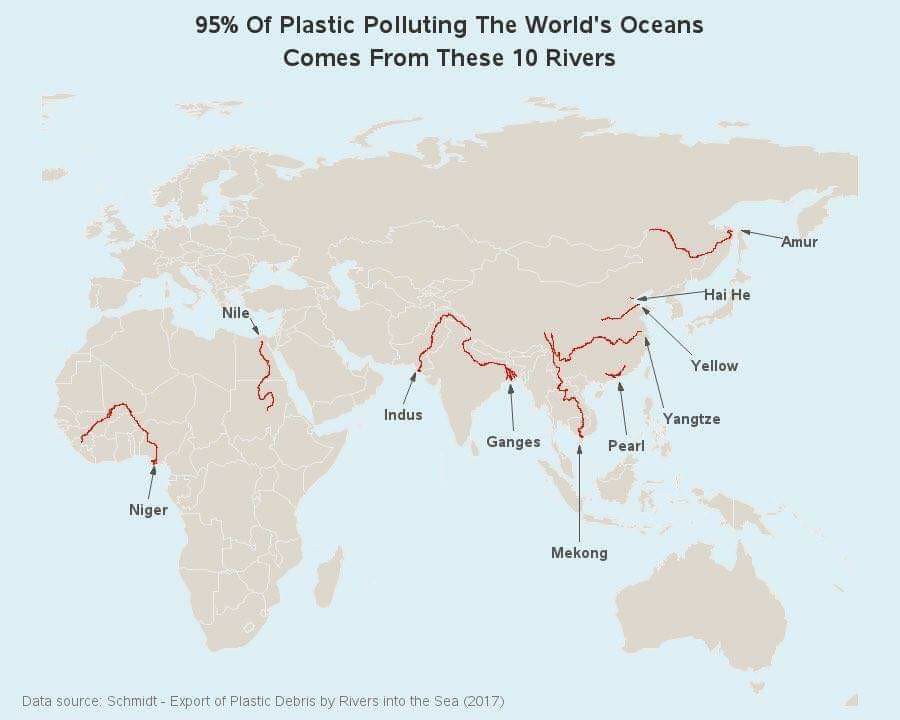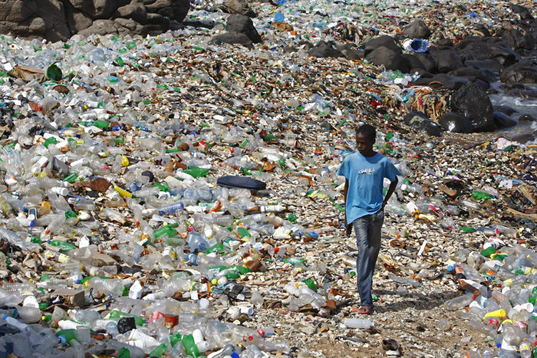Opportunity
Shiva PWC is ready to become the leading company in the international Plasma Waste Conversion (PWC) industry through a wonderful combination of engineering excellence, innovative spirit, and a “whole product” business perspective. Plasma Waste Conversion is a technology that many believe can provide a solution to the growing problem of municipal solid waste (MSW, the stuff you bring to the curb every week). Doing so profitably has been the challenge. A unique “no cost to adopt” proposition, rapid construction capability, and carefully chosen strategic alliances will allow Shiva PWC to meet this challenge by defining the new standard for MSW treatment.
Replace Landfills

Our larger Municipal systems will be deployed to existing landfill locations. Incoming trash (MSW - Municical Solid Waste) will be fed into them for processing rather than just being dumped into an open pit for eventual burial. The systems will convert the MSW into energy (enough to run themselves, plus more that be sold on the power grid), and other valuable byproducts.
In addition, smaller Portable Landfill units can be deployed at the transfer stations that many trash collection companies use to aggregate MSW before shipping it to a landfill. These local systems can process incoming MSW on site, without the need to ship it anywhere.
Cleanup Landfills
Every operating landfill has at least one open pit to accept incoming MSW. The Municipal system deployed at a given location can have a processing capacity (tons/hour) that is greater than the incoming stream of new MSW. This extra capacity can be used to process the MSW that has already been put into ground. Rather than closing off the pit, the landfill operator can turn that ongoing liability into an immediate asset.
Ocean Cleanup
The ocean-loving team at Shiva PWC has developed a plan to address the serious problem of plastic ocean pollution which is currently growing at the rate of over eight million tons per year.
While landfill operations will be run on a for-profit basis, the ocean cleanup ones will be done through an international non-profit organization which will be supported by donations. Shiva PWC is committed to giving a significant portion of its operating profits to this organization and will encourage others to do so as well.
The cleanup operation will be conducted by several fleets of high tech sailboats consisting of one trimaran Mothership and a dozen or so semi-autonomous drone Collector catamarans.
Collectors will move through the water under sail power and collect floating plastic through a sieve/scoop apparatus. When a Collector gets full, it will break formation, sail to the Mothership, and unload its cargo of collected plastic. When finished unloading, it will sail back into formation and resume collection.
A Portable Landfill unit will be mounted in the center hull of the Mothership. Plastic will be processed as it is delivered. The crew on the Mothership will monitor operations and intercede as necessary. They will also provide protection from pirates. The energy produced by the conversion will be used to augment the Mothership's power. Crew rotation, and resupply operations will be done by a separate ship so that each fleet can remain deployed for an extended period of time.
River and Shoreline Cleanup


95% of new plastic ocean pollution comes from ten rivers. So, the Ocean Cleanup NPO will work to reduce how much of that reaches the open ocean.
One or more Portable Landfill units will be parked along the lengths of those rivers, and/or near their mouths. Smaller drone Collector ships (that go back and forth across the flow) and/or a series of floating navigable diverters will be used to concentrate and collect the plastic before it goes out to sea.
Portable Landfills can also be used to clean up the trash that is strewn over many beaches around the planet and floating near the shoreline. Once gathered up, it can be processed immediately, without the need for further transport.
The energy created by these units will be sold on the local power grid. Profits will be used to support operations so that clean up efforts can be an ongoing, and hopefully ever-expanding, activity.
